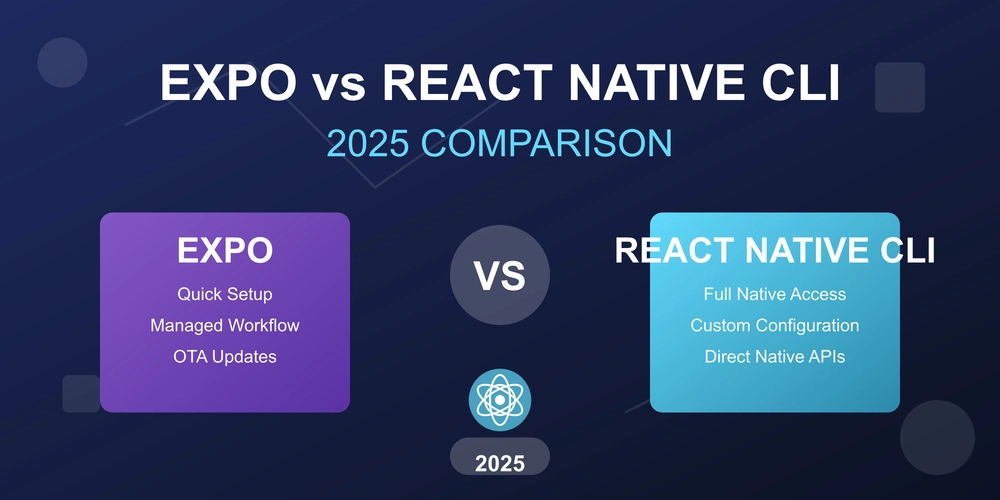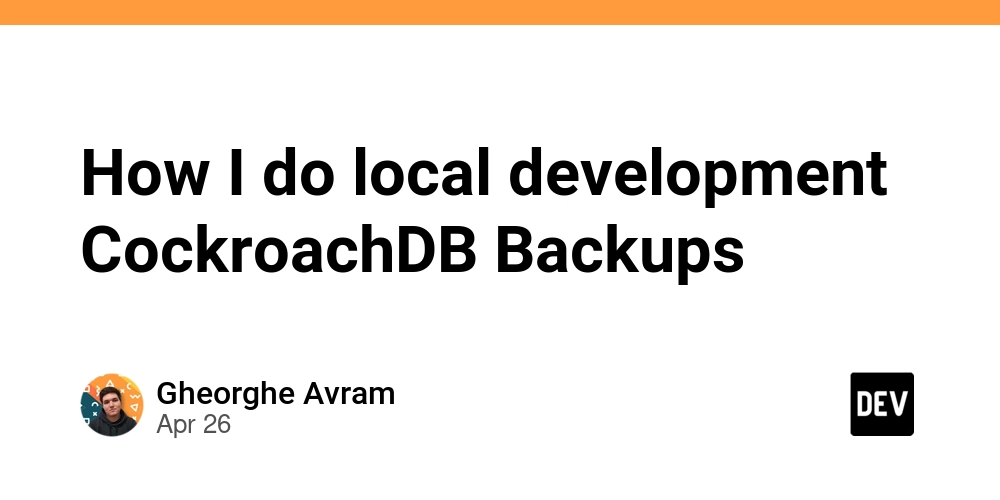
Level Up Your Python Skills: A Deep Dive into Intermediate Concepts and Real-World Applications
Ready to move beyond the basics? This article breaks down my experience completing an intermediate Python course, highlighting key learnings, challenges, and practical next steps. Learn how to apply concepts like object-oriented programming, functional programming, and error handling to build exciting projects. Let's dive in!
Why Bother with Intermediate Python? Unlocking Real-World Project Potential
After mastering Python fundamentals, I realized a gap existed between basic syntax and building actual applications. Real-world projects demand skills like robust error management, file handling, and the ability to structure code effectively using object-oriented principles. That's why I decided to tackle an intermediate Python course.
What You'll Learn in an Intermediate Python Course: Key Concepts Explained
An intermediate Python course opens the door to powerful techniques. Here's a breakdown of the key concepts I mastered:
- Collection Types Beyond Lists: Exploring the power of sets, tuples, and dictionaries for efficient data storage and manipulation. These are essential tools for optimizing your intermediate Python code.
- Error Handling Like a Pro: Implementing
try-exceptblocks to gracefully handle unexpected errors and prevent program crashes. Learn how to write more reliable and user-friendly applications. - Functional Programming Fundamentals: Discovering the elegance of
lambdaexpressions,map(), andfilter()functions for concise and efficient code. This paradigm shift can revolutionize how you approach problem-solving. - Object-Oriented Programming (OOP) Mastery: Creating classes, defining methods, and leveraging inheritance to build modular, reusable, and maintainable code. Understand this fundamental concept to build scalable applications and deepen your intermediate Python knowledge.
Facing the Challenges: Conquering Tricky Concepts in Python
Let's be honest, the journey wasn't always smooth. Here are the hurdles I encountered and how I overcame them:
- Functional Programming's Abstract Nature: Initially,
lambdaexpressions and higher-order functions felt a bit abstract. The key? Constant practice and experimentation with different use cases. - OOP's Intricacies: Grasping concepts like
self, constructors (__init__), and inheritance required hands-on practice. Building small class examples, like simulating object interactions, helped me solidify my understanding of these Python OOP concepts.
From Theory to Practice: Real-World Python Project Ideas
The true test of knowledge is application. Here's how I plan to solidify my skills with mini-projects:
- Contact Management System: Build a program to store, manage, and search contact information.
- RPG Battle Simulator: Create a simplified role-playing game battle system with characters, abilities, and simulated combat.
- Expense Tracker: Develop an application to track income and expenses, providing insights into spending habits.
- Encrypted Diary App: Design a secure diary application with encryption to protect sensitive entries.
My strategy is to approach these projects step-by-step, ensuring a solid understanding of each concept before moving on. Use these Python project examples too!
Embracing the Journey: Final Thoughts on Intermediate Python
Completing this intermediate Python course wasn't just about learning new syntax; it was about changing my approach to problem-solving and building more robust applications. The challenges were worth it, and I'm excited to continue building on this foundation, especially mastering key intermediate Python skills.




















